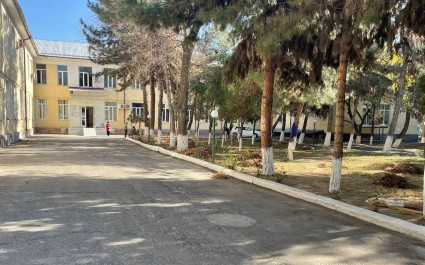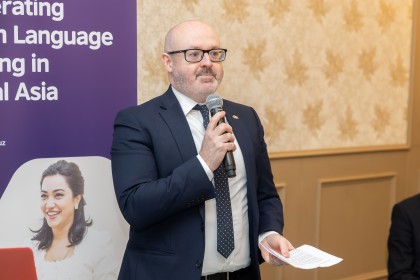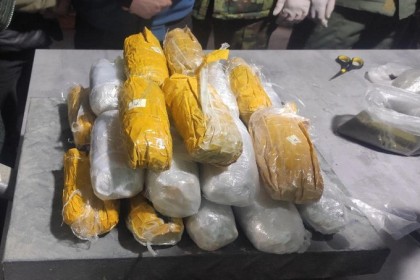With the COVID-19 pandemic raging all over the globe, safeguarding nutrition and agriculture is vital for every country. Sharing experiences and coordinating policy work are critical building blocks for achieving this goal.
This was the reason for FAO and Uzbekistan, as the host of the next European Regional Conference, to convene a meeting of agricultural ministers of five Central Asian countries (Kazakhstan, Kyrgyzstan, Tajikistan, Turkmenistan, and Uzbekistan) for a round-table. The virtual meeting on ensuring food security and agricultural development aimed to facilitate dialogue during the COVID-19 pandemic.
Experts from FAO, the European Bank for Reconstruction and Development, the Eurasian Development Bank, the International Fund for Agricultural Development, the Islamic Development Bank, and the World Bank joined them.
“As lockdown measures, trade bottlenecks, and other factors are strongly affecting agriculture, as well as consumers’ access to food, and in-person gatherings and international conferences become impossible due to travel limitations, a forum like this was highly timely and needed,” said Vladimir Rakhmanin, FAO Assistant Director-General and Regional Representative.
As FAO recently revealed in the Regional food market situation and policy bulletin in response to the COVID-19 pandemic, food supplied for major food commodities, including wheat, are stable in Europe and Central Asia, as in the rest of the world. Yet, logistics disruptions have occurred as a result of measures to mitigate the COVID-19 pandemic, challenging food distribution and agricultural production in some countries.
To this end, the ministers in charge of agriculture and food have shared their experiences in developing policies, actions, and plans to address the impact of the current situation. They have also discussed national initiatives and measures aimed at avoiding disruptions in the food supply chain and production. All these set the frame to identify possible areas of collaboration.
“Since the situation started to evolve, FAO has been urging countries to protect food security of vulnerable populations, help smallholder farmers maintain agricultural production and keep food supply chains functioning to ensure food security and sustaining livelihoods of farmers, as well as those employed in agrifood processing and trade. Getting a better understanding on the situation in each Central Asian country helps FAO and other development partners and national decision makers, as well as other development partners, to make this happen,” Rakhmanin added.
There is a notion to continue with such information exchanges in the future that can contribute to a timely and effective cooperation among Central Asian countries to mitigate the pandemic’s impact on food security and agriculture.














